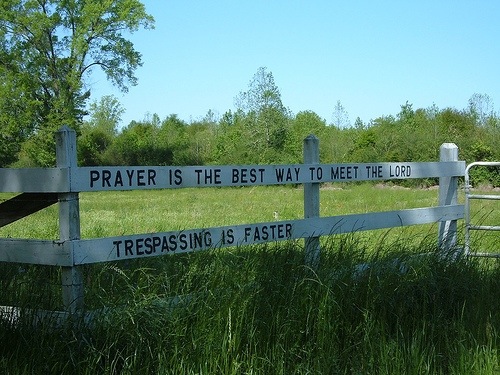Can I give you three reasons why walking in SENT life with a few others is so crucial to both our own salvation as well as others experiencing Christ’s saving grace?
One _ because without intimate relationships, can we really learn the Gospel? I am not sure it is possible. In order to actually learn the good news of Jesus coming near to us as well as the security that Gospel bears upon my self-perception as well as the compelling love that Gospel moves me to give freely into my everyday friendships, I need community. I need the exposure of my weaknesses that an environment of intimacy provides. I need the edification of my becoming who Jesus is making me to be that the encouragement and sharpening of others offers. I need the tastes of conflict and grace and forgiveness and restoration and growth. This interaction provides me the space to believe I am fully loved as I walk with an otherwise selfish group of people who are uniting around a forever, selfless Love.
Two _ because without life together, how could I know when someone’s life is falling apart? Isn’t it irrational to think that some professional clergy can discern when a congregant is depressed just because he or she shows up for gathering on a Sunday morning? Isn’t it ridiculous to assume that one “church member” could know how to meet the need of another “church member” without walking in deep friendship together. Very few people cry out for help. Rather, they isolate themselves either to come out again when they hopefully feel better, which may never come, or to die a slow, lonely death. An emphasis upon community and a reorientation of our otherwise busy, suburban lives toward SENT life together is necessary in order to discern when each other is hurting. It is necessary in order to reach out and touch and care and simply be there to help. Jesus modeled this both with those seemingly healthy as well as those showing signs of dysfunction. Both the lost and the found. He lived like family with those who weren’t His literal family. He loved even the least of these.
Three _ because without each other, how can we live sent? This has often been a criticism of the live sent message we have emphasized – when are we gonna care for one another? The answer is found in the new command of Jesus from John 13:34-35. There, Jesus makes it clear that others will know we are His disciples (insinuating they would thus witness a glimpse or taste a small portion of “on earth as it is in heaven”) when we have love one for another. In other words, we love each other as we are going in daily life loving others. We care as we are caring. These small groups of people living SENT life together become family pictures in the here and now of what God’s family will be like in the not yet. A glimpse of Kingdom found in little pockets of Kingdom all across the community.
Jen and I are not doing this to the fullness with which we would like. We are learning, too. But we are becoming more and more convicted that SENT life with a few is essential for us to learn and live Jesus, for our marriage to embody the gracious, Gospel love, for our kids to see the reality of resurrection life, and for our neighbors to experience “on earth as it is in heaven.”
It also frames the purpose of our Sunday gathering. We gather to equip for the sending together. Nothing more. And it frames the motive of our together generosity. We give time and money and muscle because we want to share what we have found to be worth giving up everything else for. The pearl of the Kingdom, here and now.
May we not expect this to come as easy as a sign up sheet. May we look for and initiative SENT life with a few from the Westpoint family and then together with a few of our everyday neighbors.
This is the church.
The intention of Jesus for His people. The mission to which He is calling His church to exist for, not the mission that He is asking His church to add on top of everything else that we do.
May we think and live like missionaries in Lake and Orange Counties, family-like pockets of “on earth as it is in heaven” who happen to value and appreciate gathering together to be encouraged and equipped at an elementary school on Sunday mornings, gracious environments of friendship who generously give themselves away into one another as well as into neighbors and nations.
Love y’all. Praying to learn how to live this as well as equip for it better.
-jason
A BIG PS FOR THOSE WHO MIGHT BE HURTING _ the exponential network posted a blog post with resources and links for those depressed or struggling with mental illness who are ready to ask for help. In light of Pastor Rick Warren’s son taking his own life this last Friday, we pray for those hurting right here among us. Hope these resources help – http://blog.exponential.org/2013/04/mental-illness-resources-for-the-church/#more-5696


